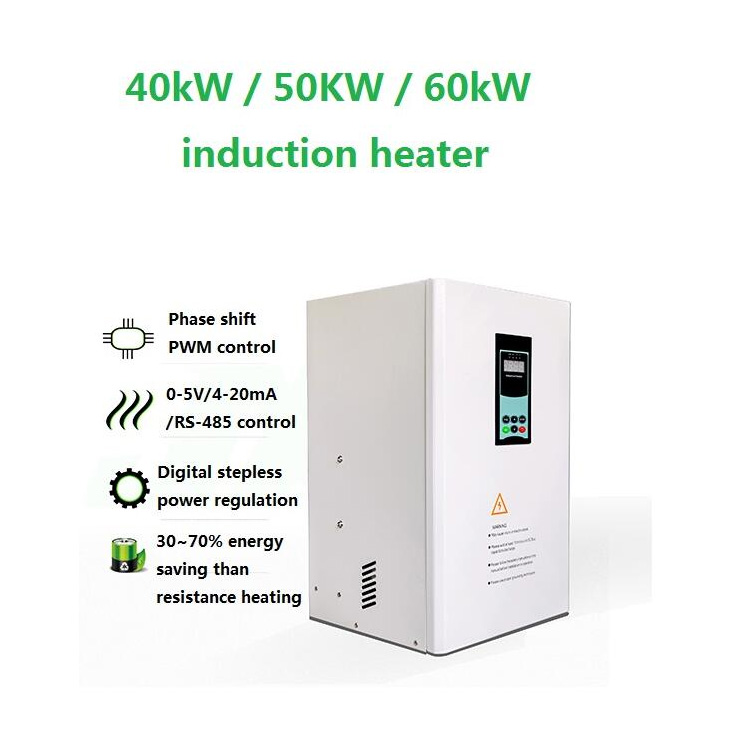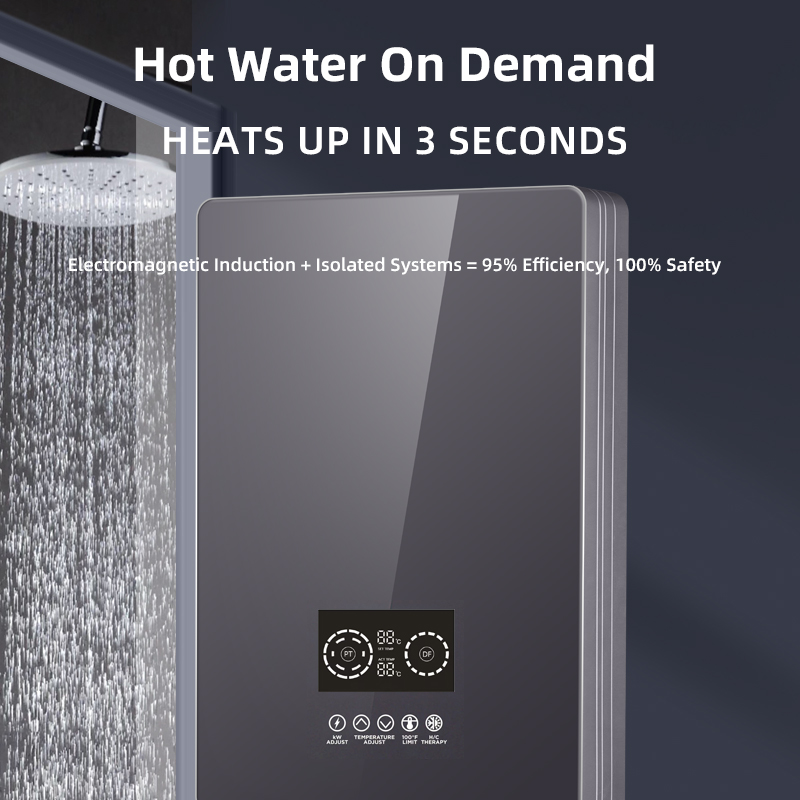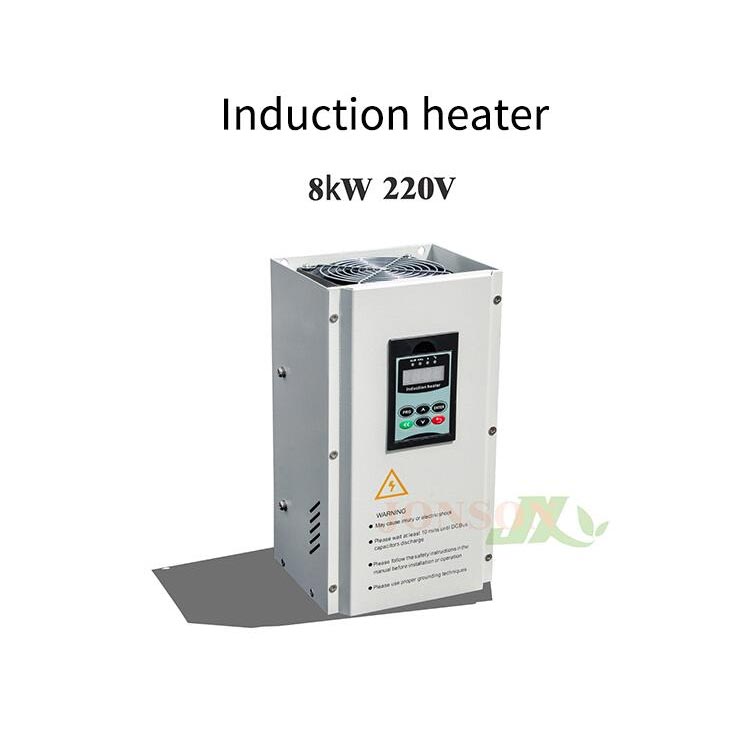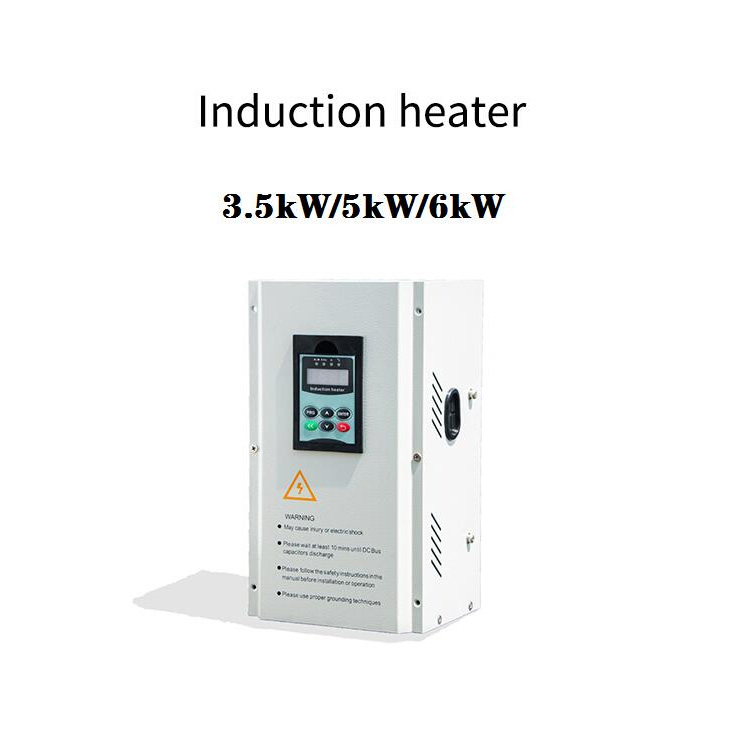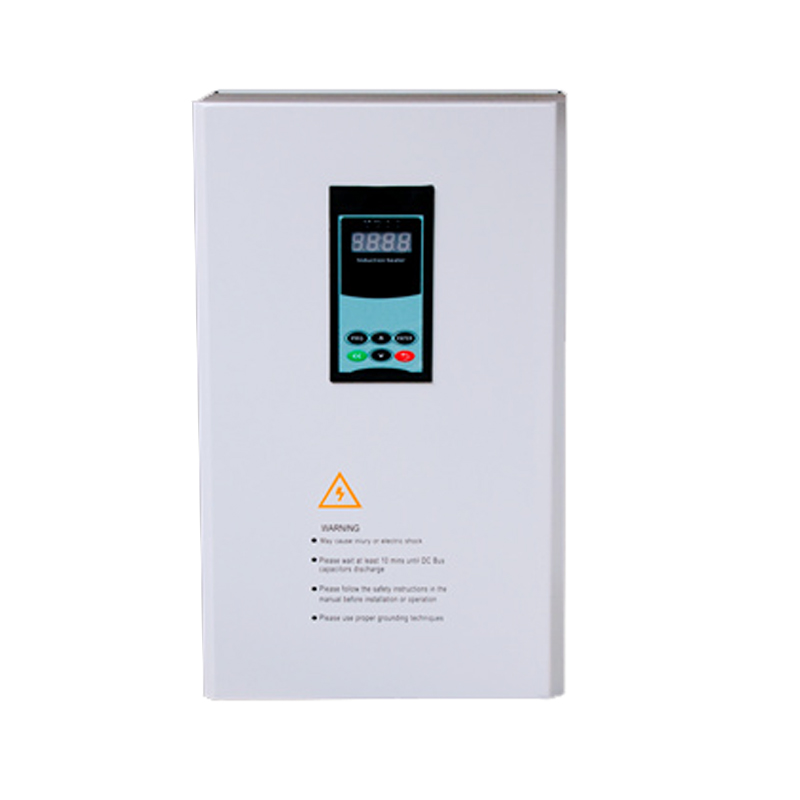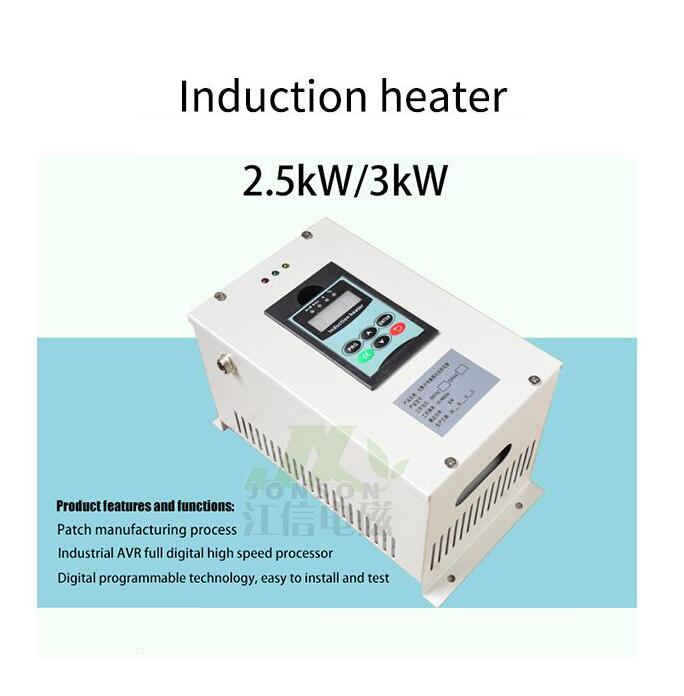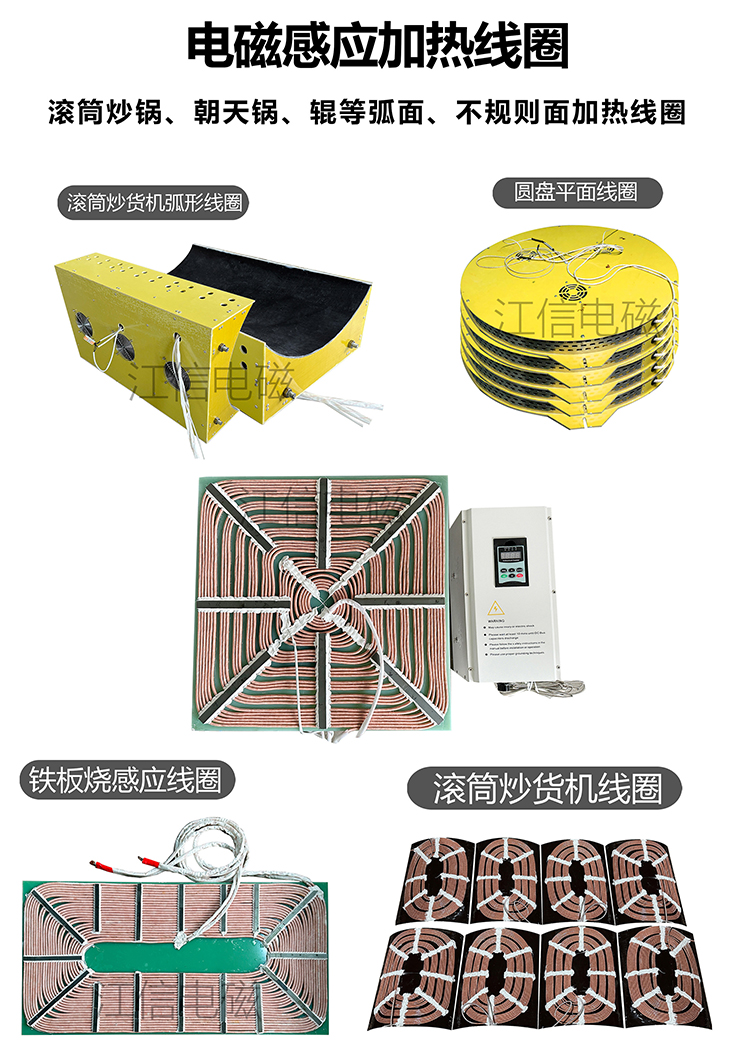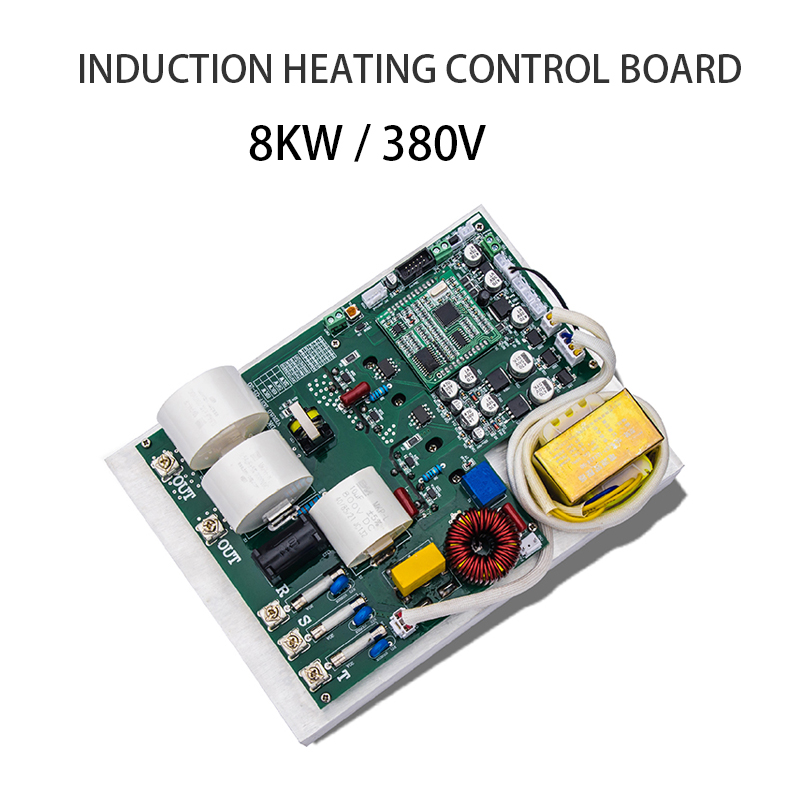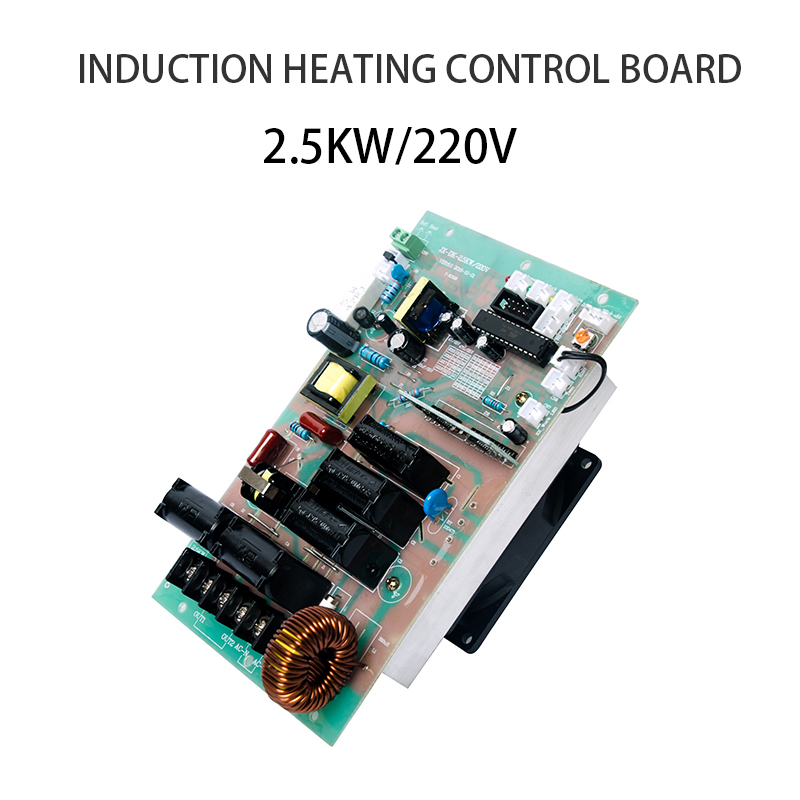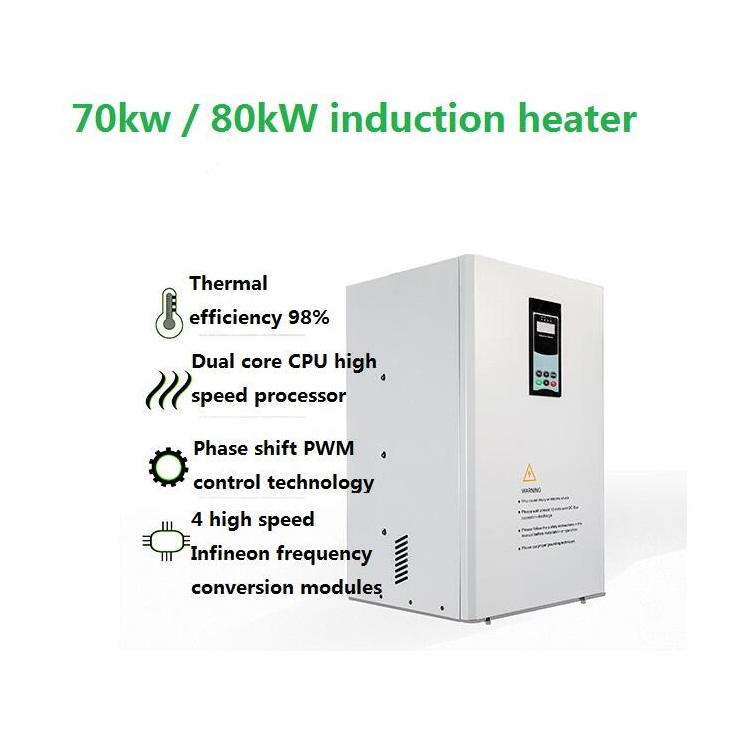When comparing conventional water heaters and induction water heaters, the focus is largely on how they heat water and their overall efficiency and performance. Here's a comprehensive comparison:
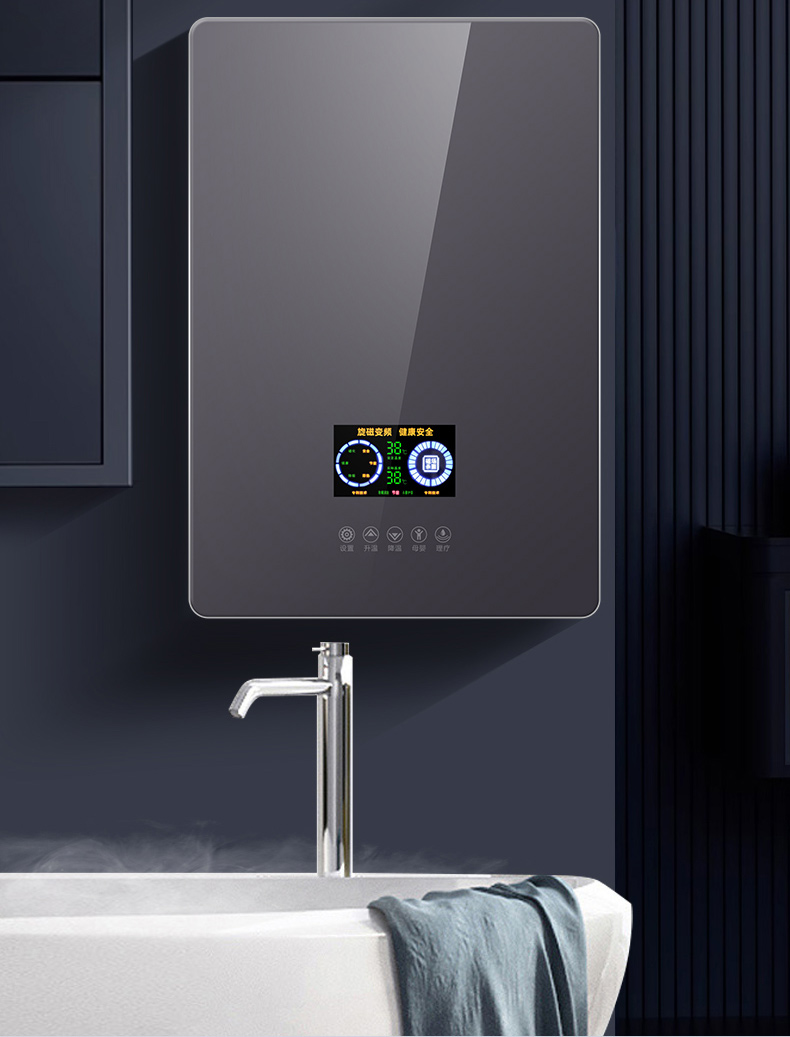
1. Heating Technology
1).Conventional Water Heaters: Can be either gas or electric. Gas water heaters use a burner to heat the water from below a tank, while electric water heaters use electrical heating elements submerged in the water tank to heat the water.
2).Induction Water Heaters: Use 91勛圖厙 induction to heat water. This technology involves passing water through magnetic fields created by electric coils, which heats the water directly and quickly without direct contact with heating elements.
2. Energy Efficiency
1).Conventional Water Heaters: Generally less efficient, especially in tank models, due to standby losses (heat lost from the water in the tank to the surroundings). Tankless versions improve on this but still lag behind induction in efficiency.
2).Induction Water Heaters: Highly efficient as they heat water directly and on demand, minimizing energy waste. The absence of standby heat loss and faster heating times contribute to their higher efficiency.
3. Installation and Space Requirements
1).Conventional Water Heaters: Tank models require significant space for installation, which can be a limitation in smaller homes or apartments. Tankless models, while smaller, still require space and specific configurations for venting (for gas) or high electrical capacity (for electric).
2).Induction Water Heaters: Typically compact and do not require large space allocations. They can be more easily installed in various locations due to their size and lack of need for major plumbing modifications.
4. Cost Implications
1).Conventional Water Heaters: Generally cheaper upfront compared to induction models. However, the operational costs can be higher due to lower energy efficiency and higher maintenance needs.
2).Induction Water Heaters: Have a higher initial cost but tend to offer greater savings over time through reduced energy bills and minimal maintenance requirements.
5. Lifespan and Maintenance
1).Conventional Water Heaters: Tank models are prone to issues like sediment buildup, corrosion, and leaks over time, which can decrease their lifespan and increase maintenance needs. Tankless versions have fewer issues with sediment but still require regular maintenance.
2).Induction Water Heaters: Tend to have a longer lifespan due to the lack of direct contact between heating elements and water, reducing wear and tear. They also require less maintenance compared to conventional heaters.
6. Water Heating Speed and Capacity
1).Conventional Water Heaters: Tank models can provide a large amount of hot water instantaneously but can run out and need time to reheat. Tankless models can provide a continuous supply but may struggle to handle simultaneous demands.
2).Induction Water Heaters: Known for rapid water heating capabilities, providing hot water almost instantly. They are particularly effective in settings where hot water is needed on demand, though high demand can still challenge their capacity.
7. Environmental Impact
1).Conventional Water Heaters: Gas models produce emissions that can be harmful to the environment. Electric models don*t emit locally but may still rely on non-renewable energy sources depending on the grid.
2).Induction Water Heaters: Offer a more environmentally friendly solution, particularly if paired with renewable energy sources, due to their high efficiency and reduced energy consumption.
Conclusion
Induction water heaters represent a technologically advanced, efficient, and environmentally friendly option compared to conventional water heaters. They are particularly suited for modern, energy-conscious households. However, conventional heaters, especially tankless models, continue to serve effectively where the initial cost and simple installation are prioritized. The best choice depends on specific household needs, budget considerations, and energy efficiency goals.

